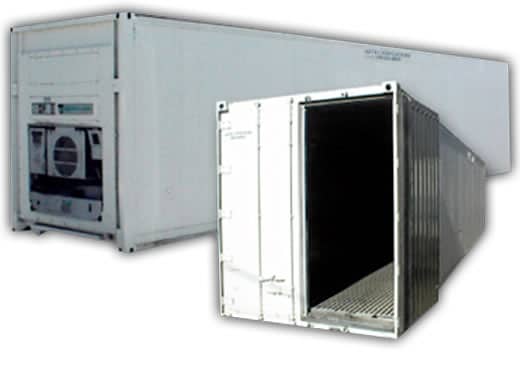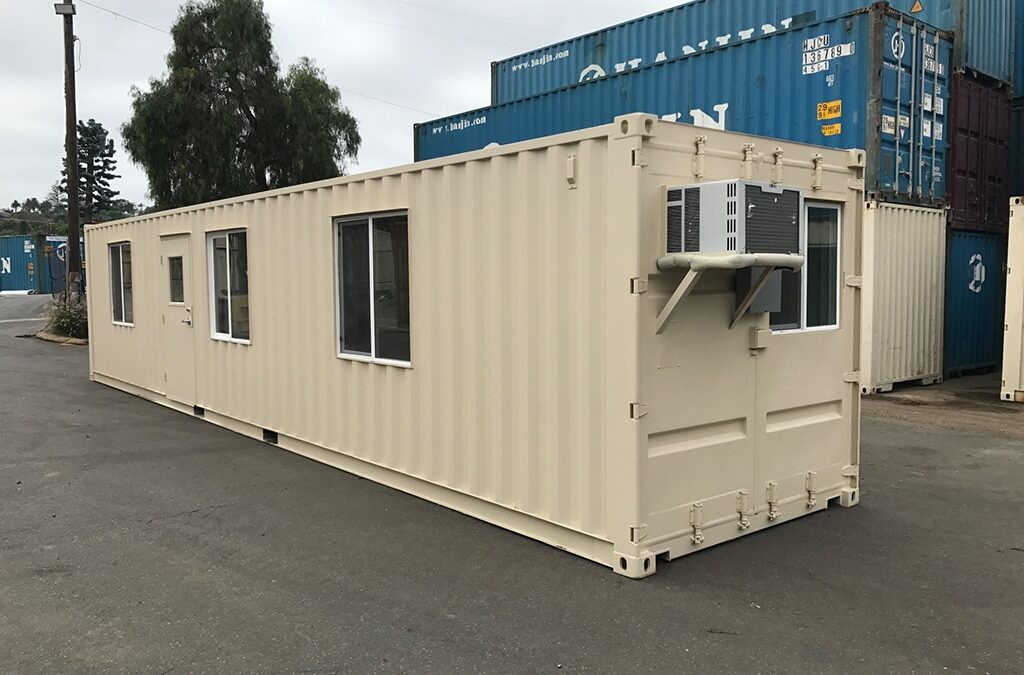Table of Contents
Introduction
Transporting goods across diverse climates can be a daunting challenge, especially for temperature-sensitive items. Insulated shipping container provides an innovative solution, ensuring that products remain safe and intact throughout their journey. These shipping containers are essential for industries that rely on temperature-controlled logistics, offering consistent performance even in the most extreme conditions.
How Insulated Shipping Container Works?

Insulated shipping containers are designed to maintain a stable internal environment, regardless of external temperature fluctuations. Their construction typically includes high-performance materials such as polyurethane foam or vacuum-sealed panels, which prevent heat transfer. Some models are equipped with advanced refrigeration systems and real-time temperature monitoring to meet specific needs. By creating a barrier against external conditions, these containers safeguard sensitive items like perishable foods, pharmaceuticals, and chemicals, preserving their quality from origin to destination.
Benefits of Insulated Shipping Containers
The use of insulated shipping containers offers unparalleled advantages in protecting goods during transit. They help preserve the freshness of perishable items by maintaining consistent temperatures, ensuring that products arrive in optimal condition. Insulation technology also minimizes the risk of spoilage or degradation, reducing waste and financial losses. These containers are designed for durability, shielding cargo from both environmental and physical damage. Furthermore, their energy-efficient construction contributes to sustainable logistics, making them an ideal choice for businesses focused on eco-friendly practices.
Industries That Depend on Insulated Containers

Insulated shipping containers are indispensable across a variety of industries. In the food and beverage sector, they ensure the freshness of produce, dairy, and frozen items. Pharmaceutical companies use them to transport vaccines, medications, and other temperature-sensitive products, where even minor temperature deviations can compromise effectiveness. Chemical manufacturers rely on these containers to maintain the stability of substances that can degrade under extreme heat or cold. Additionally, the rise of e-commerce, particularly in grocery and meal kit delivery, has driven demand for reliable temperature-controlled solutions.
Conclusion
Insulated storage shipping containers have revolutionized the way temperature-sensitive goods are transported, ensuring safety and quality in any climate. Their innovative design and versatile applications make them a cornerstone of modern logistics, benefiting industries and consumers alike. As global trade continues to expand, the role of these containers in preserving product integrity and supporting sustainable practices will only grow.
